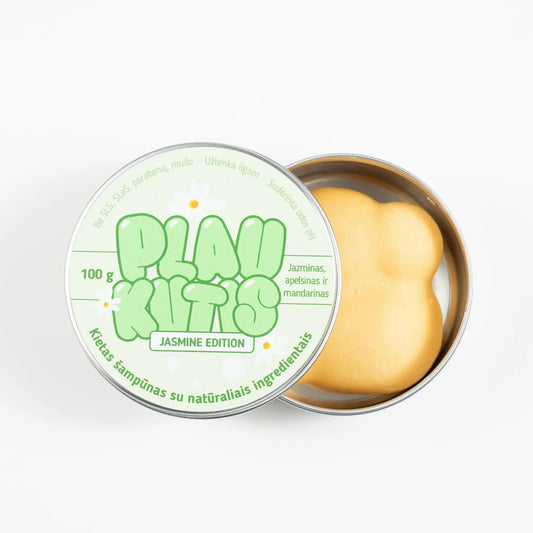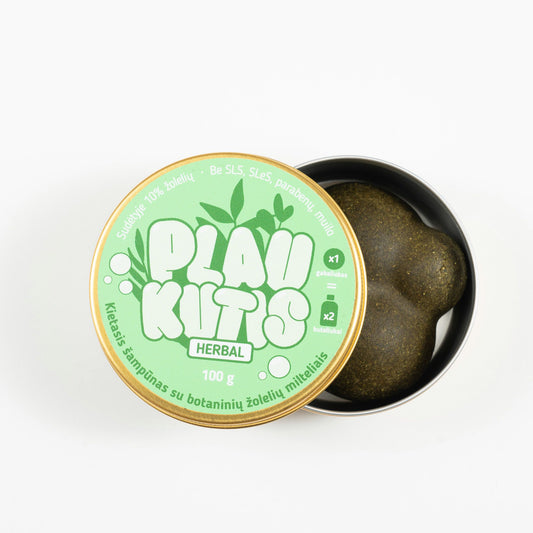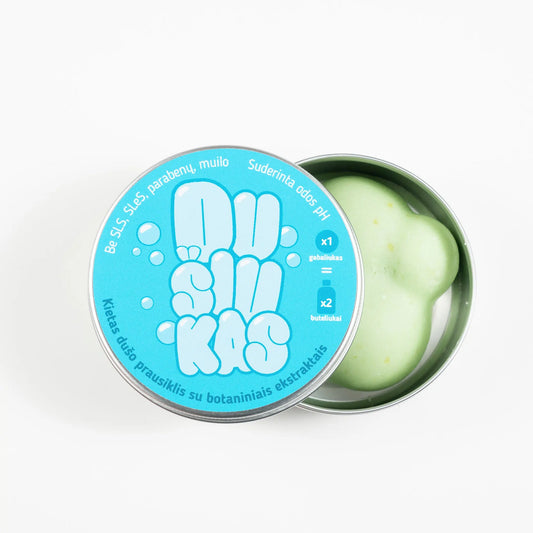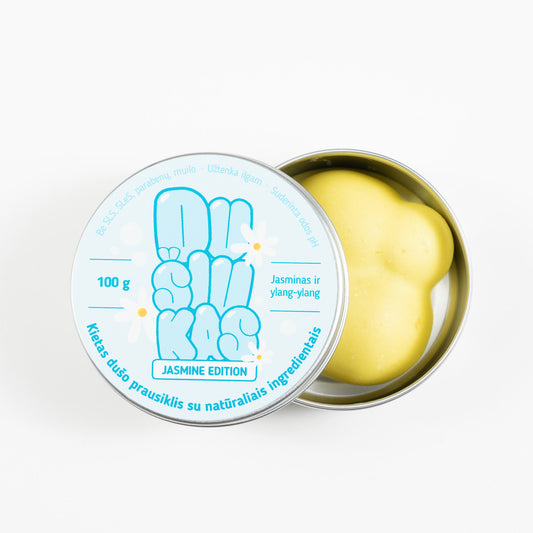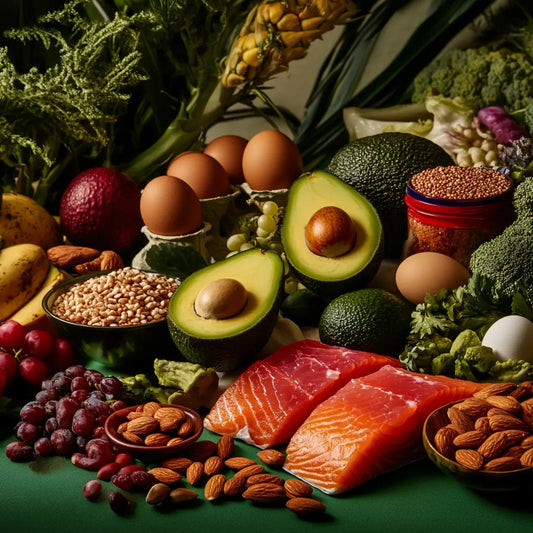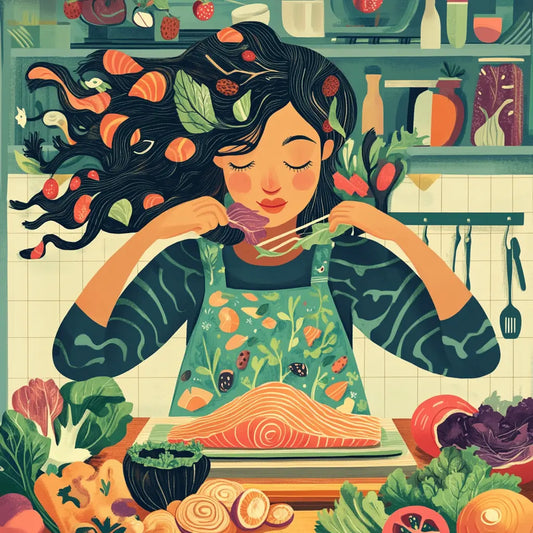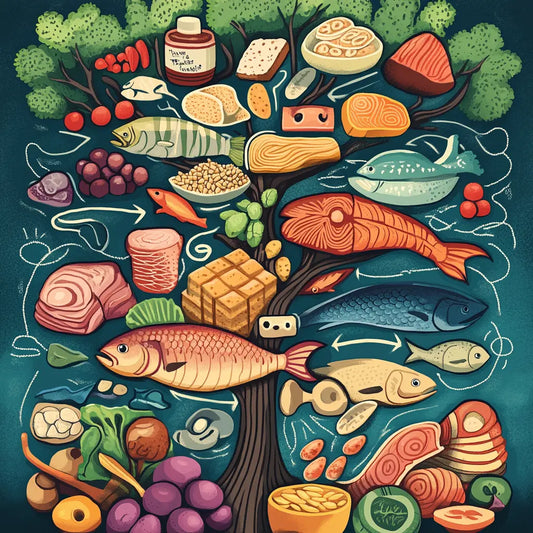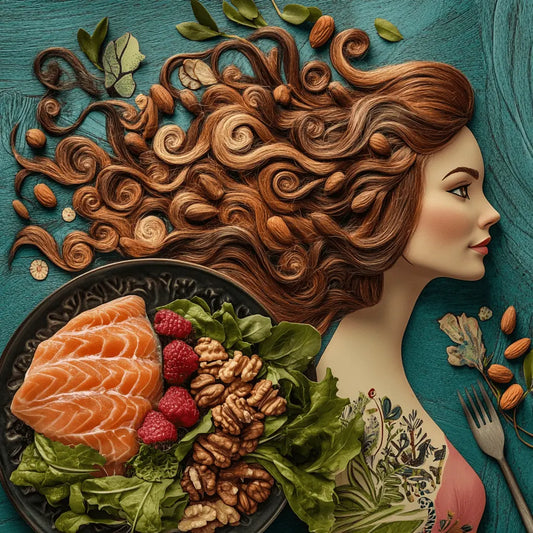Why did our grandparents often have thicker, shinier hair even into old age? One of the main differences between them and our generation is the food they ate. Traditional diets, rich in essential nutrients, are a stark contrast to the fast food and processed snacks that dominate modern life. While convenient, modern diets can leave your hair undernourished, leading to problems like thinning hair, dryness, and even hair loss. In this article, we’ll delve into how modern diets affect hair health, compare traditional and modern diets, and offer tips on how to incorporate ancient wisdom into your daily diet to keep your hair healthier and stronger.

Chapter 1: How Modern Diet Affects Hair Health
In recent decades, modern diets have changed dramatically, focusing more on convenience than nutritional value. This shift is having a negative impact on overall health, including the health of your hair. While fast food and processed snacks may satisfy your hunger quickly, they do not provide the nutrients your hair needs.
The effects of processed foods on hair growth
Processed foods, which are high in unhealthy fats, refined sugars, and preservatives, do not provide nutrients for your hair. Instead, they deplete your body of important vitamins and minerals, such as iron, vitamin D, and biotin. Deficiencies in these nutrients can weaken hair follicles, slow hair growth, and even cause excessive hair loss.

- Interesting stat: A 2020 study published in the Journal of Nutrition found that people who consumed a lot of processed foods had a 37% higher risk of experiencing hair loss by age 30, compared to those who ate more natural, unprocessed foods.
- Cultural insight: In contrast, traditional Mediterranean diets rich in vegetables, fruits, and olive oil are associated with a 30% lower risk of hair loss, according to a study published in the Journal of Clinical Nutrition.
The link between modern diet and hair thinning
Fast food, sugary drinks, and fatty snacks cause blood sugar spikes, which can lead to insulin resistance. This disrupts hormonal balance, which can lead to hair thinning and loss. Additionally, processed foods lack antioxidants, which protect hair follicles from oxidative stress, which often leads to hair damage and premature hair loss.

- Unexpected number: Insulin resistance, caused by diets high in refined sugar, affects nearly 35% of adults in developed countries, leading to a higher incidence of hair loss.
- Scientific insight: According to a 2018 Harvard Medical School study, oxidative stress is one of the main factors in androgenic alopecia (hair thinning due to hormones), which affects nearly 40% of women under the age of 50. Foods rich in antioxidants, such as berries and dark green leafy vegetables, are essential for protecting hair from this damage.
Chapter 2: Comparing Traditional and Modern Diets in the Field of Hair Health
Traditional diets based on wholesome, natural ingredients have long been associated with maintaining strong, healthy hair. In contrast, modern diets often fail to achieve this goal, leaving hair undernourished and prone to breakage.
Traditional diets for hair health
Traditional diets from around the world, such as those from the Mediterranean, Asia, and Africa, rely on nutrient-dense foods that are naturally high in vitamins, minerals, and healthy fats. These ingredients provide the building blocks that hair needs. For example, omega-3 fatty acids from fish and flaxseed reduce inflammation around hair follicles, promoting thicker, healthier hair.

- Interesting statistic: People who follow a Mediterranean diet rich in omega-3s are 20% less likely to develop alopecia, according to a study published in the International Journal of Dermatology.
- Cultural example: In India, traditional diets emphasize lentils, spinach, and dairy products—foods rich in iron, calcium, and protein. These foods help fight hair loss, which is why Indian women tend to experience less hair thinning as they age compared to women in Western countries.

Modern diets and their effects on hair
Modern diets, on the other hand, often rely on convenience foods that are low in nutritional value. High intakes of refined sugars and carbohydrates can cause inflammation in the scalp, which weakens hair roots. In addition, modern diets often lack essential fatty acids, which are necessary to maintain the scalp's natural oil barrier.
- Fun fact: Hair grows faster when the body is well-nourished. On average, hair grows about 1.25 cm per month , but a poor diet can reduce this growth rate by up to 50%, according to a study by the American Academy of Dermatology .
- Unexpected insight: Vitamin D, which is lacking in many modern diets, may lead to alopecia areata (an autoimmune disease that causes bald patches). Nearly 41% of U.S. adults are deficient in vitamin D due to modern lifestyles and poor nutrition, which contributes to this type of hair loss.
Chapter 3: Conclusion – Returning to Traditional Practices for Healthier Hair
It is clear that what we eat has a direct impact on hair health. Returning to traditional dietary practices that are rich in natural and wholesome foods can significantly improve hair strength, growth, and shine. Reducing your intake of processed foods and increasing your intake of essential vitamins and nutrients, such as iron, biotin, and omega-3s, can nourish your hair from the inside out.

Practical tips for incorporating traditional nutrition:
- More omega-3 rich foods: Include salmon, chia seeds, and walnuts in your diet to keep your hair healthy and shiny.
- Increase your vitamin intake: Spinach, kale, and other dark green leafy vegetables are rich in iron and vitamin C, which are essential for hair growth.
- Increase your protein intake: Eggs, lean meats, and legumes provide the protein needed to produce keratin, the main component of hair.
- Hydrate with antioxidants: Berries, green tea, and almonds are full of antioxidants that protect hair from environmental stress.

These simple dietary changes will allow you to enjoy the benefits of traditional wisdom and noticeably improve the strength, texture, and overall health of your hair.
Myth debunking or interesting facts
- Myth: Fast food has no effect on hair health.
Fact: Processed and sugary foods cause inflammation, which interferes with hair growth and increases the risk of hair loss. - Fun fact: People who follow a Mediterranean diet experience 25% less hair loss than those who follow a modern Western diet, which is rich in processed foods.
- Myth: Hair thinning is just a genetic problem.
Fact: While genetics play a role, nutrition is also a factor. Nutrient deficiencies, especially iron and vitamin D, can contribute significantly to hair thinning. - Fun fact: The Japanese diet, rich in seaweed and fish, helps maintain healthy iodine levels, reducing hair thinning. Studies show that the Japanese have a 35% lower rate of hair loss compared to other nations.
- Myth: Only external remedies can improve hair health.
Fact: Nutrition is a huge part of hair vitality. A balanced, nutrient-rich diet can significantly improve hair texture, growth rate, and strength.

Practical tips or solutions
- Include more omega-3 fatty acids: Add foods like salmon, flaxseed, and walnuts to your diet to nourish your hair from the roots.
- Eat more iron-rich foods: Spinach, beans, and lentils are excellent sources of iron, which is essential for preventing hair thinning and breakage.
- Eat more protein: Eggs, chicken, and tofu are great sources of protein that help strengthen your hair.
- Drink more water and eat antioxidant-rich foods: Berries, green tea, and nuts are full of antioxidants that protect hair from oxidative damage.
- Reduce your intake of processed foods: Limiting your intake of refined sugars and fats can reduce inflammation and improve scalp health, creating the right environment for hair growth.

Frequently asked questions
- Can modern diet cause hair loss?
Yes, modern diets low in essential nutrients like iron, protein, and omega-3s can cause hair thinning and loss. - What foods are best for promoting hair growth?
Foods rich in vitamins, minerals, and healthy fats – such as salmon, eggs, spinach, and blueberries – are great for hair growth. - How can I improve my hair condition through diet alone?
A balanced diet that includes lean protein, fruits, vegetables, and healthy fats can significantly improve hair texture, growth, and shine. - Is fast food really bad for hair health?
Yes, fast food is low in nutrients and can lead to poor scalp health, inflammation, and ultimately hair thinning and breakage. - How long will it take to see results from dietary changes?
Typically, you will start to notice improvements in hair health within 3-6 months of making dietary changes.
